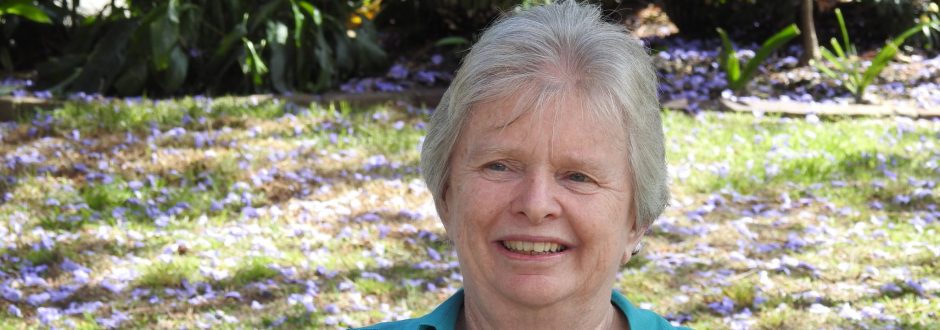Who has a claim on our courage, compassion and commitment today in Australia, asks Good Samaritan Sister Clare Condon.
BY Clare Condon SGS
This year the Sisters of Charity are celebrating 175 years of service to the Australian community. The Parramatta Sisters of Mercy are also celebrating a significant milestone: 125 years of service within the broader Sydney community. The story of the contribution of both these religious women’s institutes to the fabric of Australian society is one of courage, compassion and commitment to the poor, especially to women and children.
When the Sisters of Charity arrived in Sydney in 1838, the plight of unemployed immigrant women was deplorable. They were homeless on the streets of Sydney or living in slum-like conditions. The sisters, on their arrival, responded immediately to this need.
My own congregation, the Sisters of the Good Samaritan, began 157 years ago, roughly in between these two groups. We share a common experience from those early years. The early sisters of the three groups ministered in Parramatta at the Female Factory prison, the destination of all unassigned convict women; all three groups were also involved in the Catholic Orphan School, which provided for the numerous orphaned children from the streets of greater Sydney.
In those very early years, the Sisters of Charity established St Vincent’s Hospital, and later went on to establish many hospitals across Australia. All three groups, alongside other religious orders, provided education to the poor and welfare to the most needy. Their legacy in healthcare, education and welfare to the Australian people is well documented.
We religious women who follow in their footsteps stand on the shoulders of giants. They were able to see the needs of their times, respond with the resources they could muster, and do so with energy and zeal.
Since attending the recent celebratory anniversaries for these two congregations of religious women, I have been challenged to reflect on what the pressing social needs are now in a very different Australian society.
In 2014, Australia is a wealthy, multicultural, sophisticated society with one of the world’s best healthcare systems, a comprehensive education system and a strong safety net for those unable to compete in such an environment. So who has a claim on our courage, compassion and commitment today?
My thoughts immediately turn to asylum seekers and immigrants who seek to come to this country to escape destitution and poverty, as did those who came here in the nineteenth century. More significantly, most of today’s refugees are seeking asylum in a country like Australia because of persecution and civil war in their home country. They are seeking protection, safety and security. Their lives, and that of their families, are on the line. Are they not worthy of our commitment, courage and a compassionate response?
But the door of entry to Australia has been closed tightly, blocking them out. We have a government calling this process of blocking – “Stopping the Boats” – a successful policy. I ask: by what criteria? It might be successful in keeping people out, but it is an abject failure in responding to the needs of human beings who are seeking protection; it is an abject failure if you take into account the damage done to children who are held indefinitely in detention with no provision of education; it is an abject failure if it hardens the hearts of Australian citizens.
It seems that governments today endeavour to follow what they perceive to be community sentiment rather than to set community standards and higher values. What is it that characterises Australians who support, and in fact, drive such a government policy? Are we still a racist people, fearful of the stranger?
It would seem that this is so, based on recent research led by Andrew Markus of Monash University which has been tracking changes in Australian attitudes towards immigrants and asylum seekers through a series of national surveys. The latest findings of the “Mapping Social Cohesion Research” released on March 24, 2014 note that barely three per cent of recent migrants describe Australians as “caring, friendly, hospitable”, which is a dramatic drop from a similar survey in the 1990s.
Professor Markus also noted: “Racial discrimination in Australia is not a minor matter. More than 40 per cent of recent arrivals from a number of Asian countries reported experiencing discrimination over the last 12 months”.
For us, then, who wish to follow the gospel call to serve those most in need, we have much to do in responding to those newly arrived migrants and asylum seekers who make it to Australia’s shores. There are still over 30,000 asylum seekers in Australia who have no identity and are unable to work or support themselves.
As members of religious institutes, our role today continues to be one of service. It must also be one of advocacy for a change in a government policy of “Stopping the Boats” which diminishes people, both those seeking asylum and we, the citizens of this nation. We must advocate for a change in attitudes towards the ‘other’ and ‘the stranger’ in our midst. Like our forebears, we must bring our courage, our compassion and our commitment to those who most need it today.
